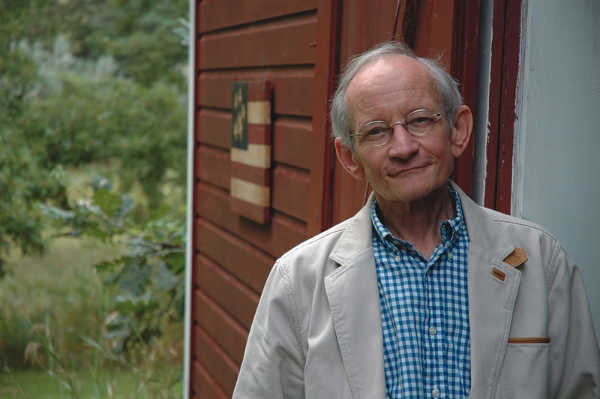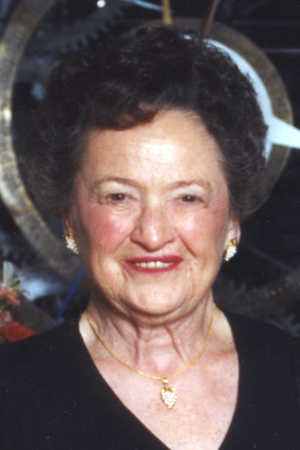- Ted Kooser
- Posted On
American Life in Poetry: Estelle

Alaska Quarterly Review put out a special double issue late in 2017 to celebrate its 35th year, a very long tenure for a literary magazine. Among the many fine works I found there was this touching portrait of his mother by Michael Mark, who lives in California.











